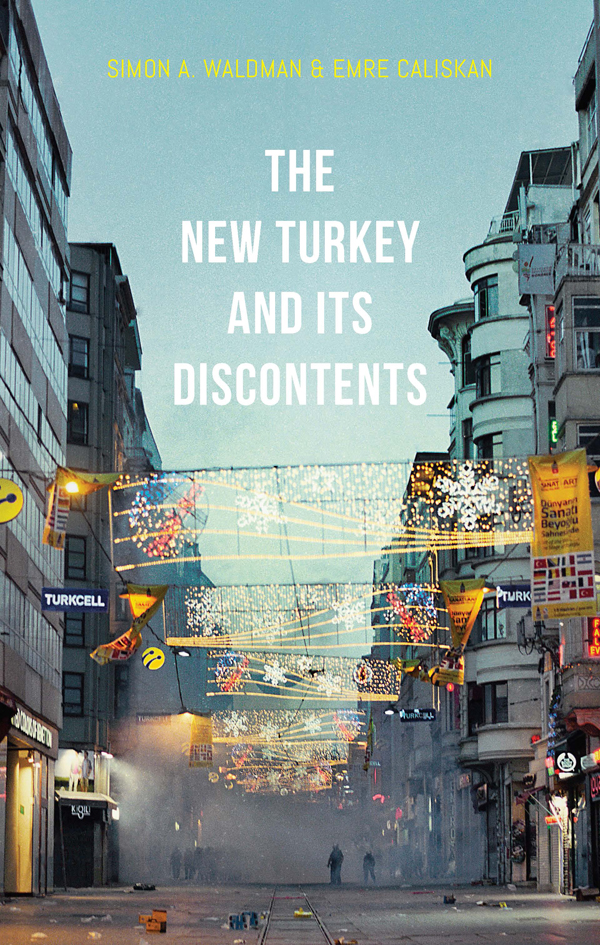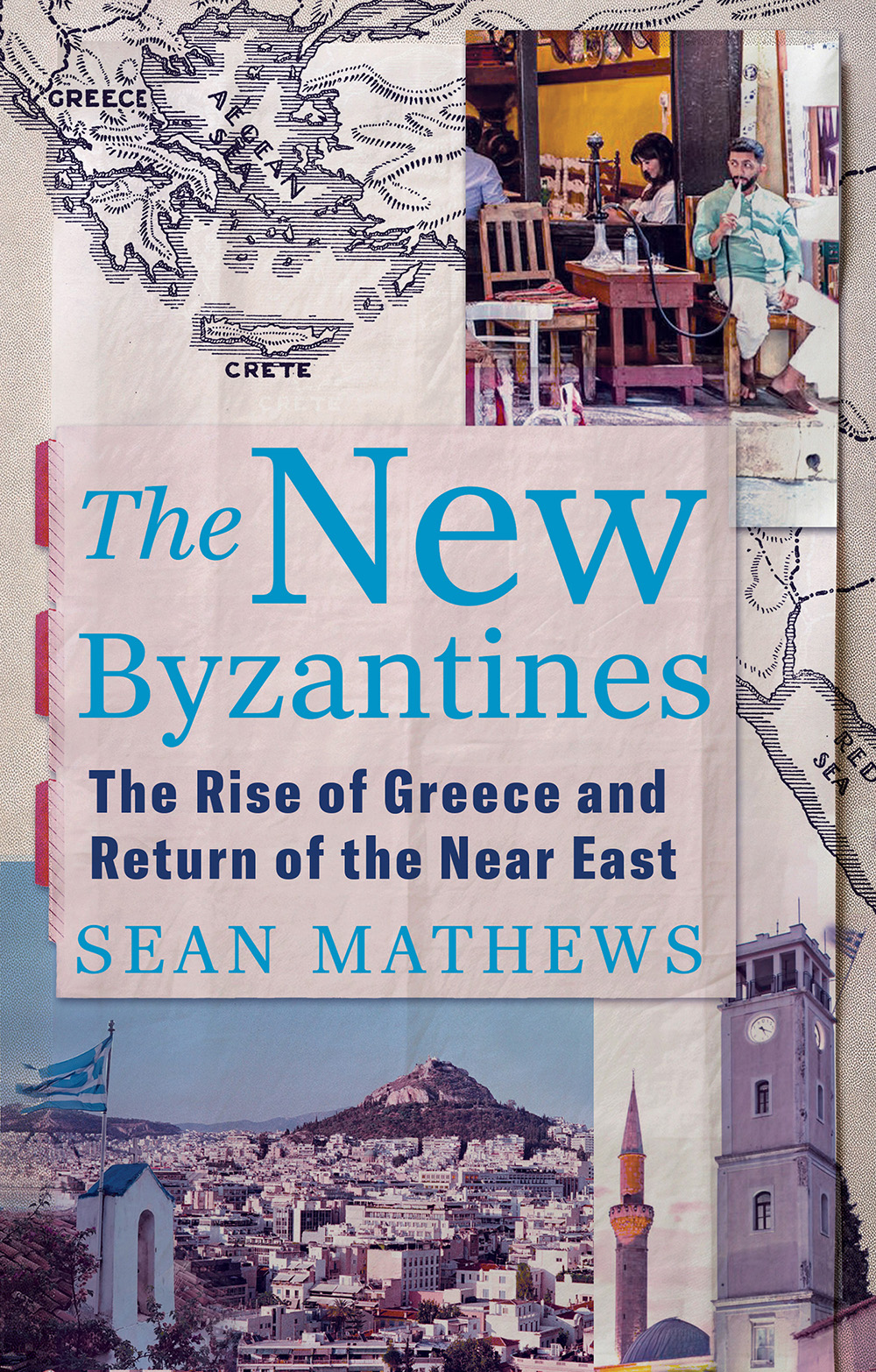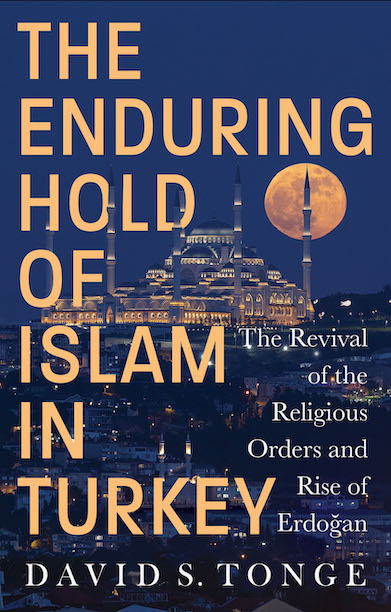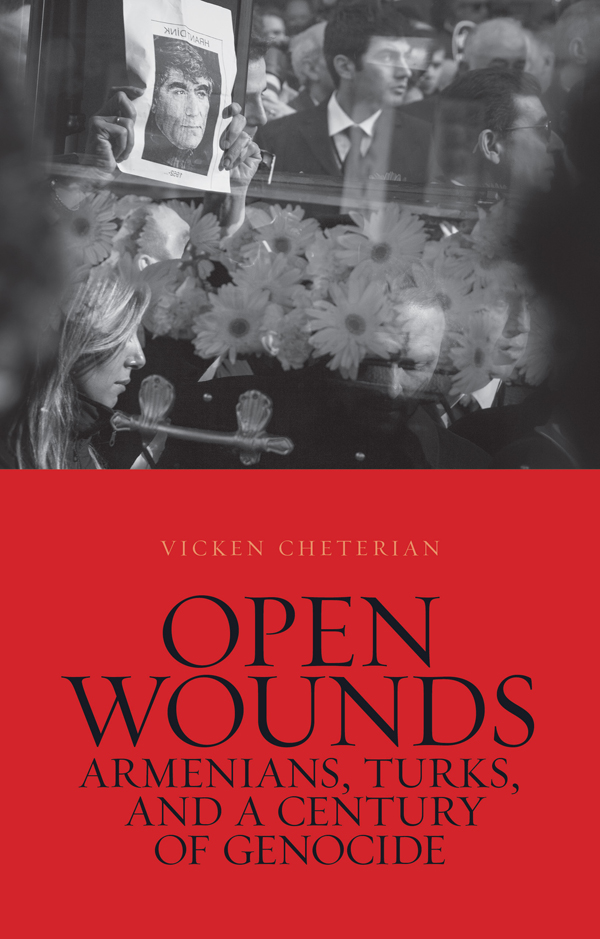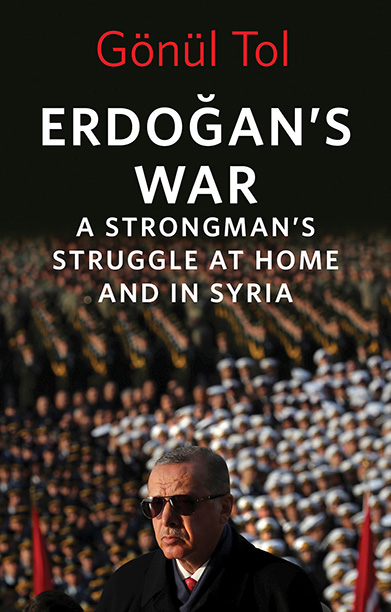The New Turkey and Its Discontents
Assesses social, religious and political polarisation under the AKP of Recep Erdogan and the likely consequences for Turkey’s evolution.
Description
Today’s Turkey little resembles that of recent decades. Newfound economic prosperity has had many unexpected social and political repercussions, most notably the rise of the AKP party and President Erdogan. Despite unprecedented electoral popularity, the conduct of the AKP has faced growing criticism: Turkey has yet to solve its Kurdish question; its foreign policy is increasingly fraught as it balances relations with Iran, Israel, Russia and the EU; and widespread protests gripped the country in 2013, as did an unsuccessful coup in 2016.
The government is now perceived by many to be corrupt, unaccountable, intimidating of the press and intolerant of political alternatives. Has this once promising democracy descended into a tyranny of the majority led by a charismatic leader? Is Turkey more polarised now than at any point in its recent history?
These are among the questions at the heart of The New Turkey and Its Discontents, which traces Turkey’s evolution under Erdogan’s leadership, and assesses the likely consequences at home and abroad.
Reviews
‘Turbulent politics are not new to Turkey. As Simon Waldman and Emre Caliskan remind us in The New Turkey and its Discontents, the Turkish republic … has experienced coups, conspiracies, a long Kurdish counterinsurgency and a succession of leaders who have tried to mould the country in their image.’ — The Financial Times
‘The book is particularly deft on the “Turkish-Islamic Synthesis,” pursued by the military authorities after 1980 in an attempt to unite the violently divided country under a conservative nationalist tent. … As a diagnosis of how Turkey got to where it is today, The New Turkey and its Discontents is probably the best volume in English out there.’ — Hürriyet Daily News
‘Here is a useful, detailed and up-to-date primer on the Justice and Development Party (AKP) years in Turkey. Waldman and Caliskan list with blow-by-blow clarity the chronology of events as President Erdogan pushed the army’s monopoly on power aside and his government built up its popular achievements. The book also shows how Turkish authoritarianism works, the price paid by the free press, the rise and fall of the AKP’s dream of “strategic depth” in the region and the opportunity and tragic failure of its efforts to solve the country’s Kurdish problem.’ — Hugh Pope, the International Crisis Group’s Director of Communications & Outreach, and author of Turkey Unveiled: A History of Modern Turkey
‘This is a wonderful portrayal of the Turkey that has emerged under Erdogan and his party. It is an elaborate account of the weakening prospects for democracy and can be read as an illuminating prelude to the possibility of total regime change, which may yet be upon us.’ — Nuray Mert, columnist for Hurriyet Daily News and Professor of Political Science and International Relations at Istanbul University
‘This highly topical book provides an important guide to understanding Turkey’s democratic challenges today — the media, the role of the military, civil society, human rights, domestic and class politics, and more. In a very accessible manner it highlights the major issues, relationships, and events key to understanding this complex state. Waldman and Caliskan engage the reader in the language, background, and explanations needed to grasp the political tests of Turkey’s democracy. Not just a good read, but perfectly timed!’ — Lenore Martin, Professor of Political Science at Emmanuel College and Associate of the Center for Middle Eastern Studies, Harvard University
‘A timely and accessible work that greatly contributes to our understanding of Turkey’s current conjuncture. The narrative is compelling and backed by an impressive array of empirical material, and the book undoubtedly constitutes one of the best efforts to provide a coherent and “holistic” critical discussion of the impact of the AKP’s dominance in Turkish politics for the past couple of decades.’ — Spyros Sofos, Lecturer in Middle Eastern Politics, Lund University, and author of Islam in Europe: Public Spaces and Civic Networks
Author(s)
Emre Caliskan is a Turkish analyst and journalist who previously worked for BBC and Turkish public channel TRT. He is also a PhD candidate in International Relations at University of Oxford.
Simon A. Waldman is a visiting research fellow at the Department of Middle Eastern Studies, King’s College London. He teaches the Arab-Israeli Conflict, state building in the region and Turkish history and politics.
